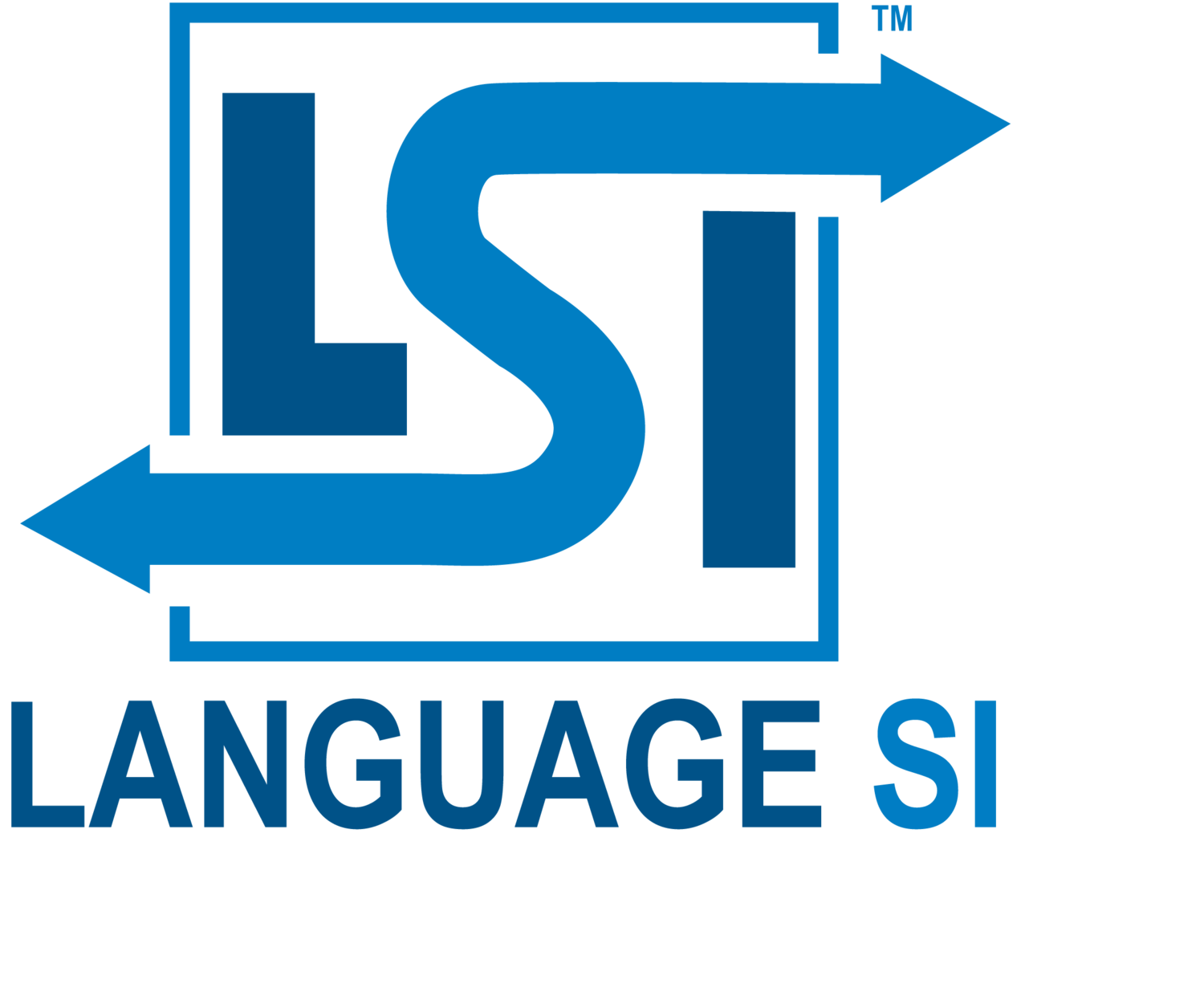Manufacturing in the Translation Space
Translation services play a crucial role in the manufacturing industry, facilitating communication and collaboration on a global scale. As manufacturing companies increasingly expand their operations to reach international markets, the need for accurate and effective translation becomes more evident. Here are some key aspects of translation services in the manufacturing industry:
Multilingual Documentation and Manuals: Manufacturing companies produce a wide range of technical documents, such as product manuals, safety guidelines, operational procedures, and technical specifications. Translating these documents into various languages ensures that the end-users and employees in different regions can understand and operate the products safely and efficiently.
Product Labeling and Packaging: When exporting products to foreign markets, it is essential to have accurate translations of product labels and packaging information. Compliance with local regulations and language requirements is critical to avoid legal issues and ensure consumer safety.
International Marketing and Advertising: Effective translation of marketing materials, including brochures, advertisements, and websites, is essential for successful market penetration in foreign countries. Tailoring the marketing message to resonate with local audiences increases the chances of attracting potential customers.
Technical Translations for Manufacturing Processes: Manufacturing often involves complex machinery and processes, and precise technical translations are necessary for equipment setup, maintenance, and troubleshooting. Accurate translation of technical documentation helps avoid errors, accidents, and downtime.
Cross-Cultural Communication: In the manufacturing industry, collaboration between international teams, suppliers, and partners is common. Clear and accurate translation services foster effective communication and understanding, minimizing miscommunications and cultural misunderstandings.
Compliance and Legal Translation: Manufacturing companies must adhere to various international regulations and standards. Translating legal documents, contracts, and compliance materials ensures that the company operates within the legal framework of each target market.
Interpreting Services: In cases of face-to-face meetings, conferences, or negotiations, having professional interpreters is essential. Interpreters facilitate real-time communication between parties that speak different languages, allowing for productive discussions and business transactions.
Localization: Beyond simple translation, localization is the process of adapting content to suit the cultural nuances and preferences of a specific region. This includes not only translating text but also adjusting images, currencies, units of measurement, and other elements to make the product and its documentation feel native to the target market.
Quality Assurance: Manufacturing processes demand precision, and the same holds true for translation services. Quality assurance measures, such as proofreading, editing, and using experienced translators, are crucial to maintain the accuracy and consistency of translated content.
Efficient Supply Chain Management: Smooth communication across the supply chain is vital for manufacturing companies. Translating communications between suppliers, manufacturers, and distributors ensures that everyone is on the same page, reducing delays and inefficiencies.
In summary, translation services play an integral role in the manufacturing industry by enabling companies to expand globally, comply with international regulations, communicate effectively, and reach new markets with confidence. Accurate and culturally sensitive translations contribute to the overall success and growth of manufacturing businesses in the global marketplace.
